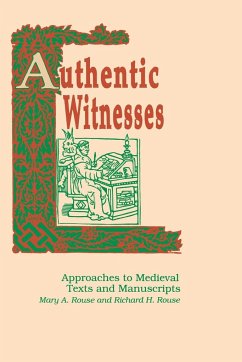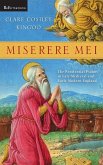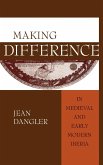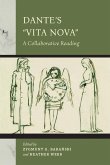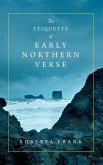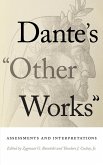The central theme in any history of texts and books must be that of change and renewal: Parchment that is written on, in one set of circumstances in late antiquity, may in the Early Middle Ages be scraped clean and written on again, leaving evidence of a civilization in which blank parchment is more valuable than ancient literature. A manuscript can be regarded as an archeological artifact, but unlike pieces of pottery or chips of flint, a manuscript has a voice. The 12 essays gathered here vary in subject from the transmission of ancient authors to the invention of the subject index and range in time from the Gregorian reform of the eleventh century to the Protestant reformation of the early sixteenth century. Diverse in subject and period, these essays are unified by the questions they pose and the methodology they employ in seeking answers. A common thread is the desire to discover what information the manuscripts can yield about the society that created them: how the great concordance to the Bible was compiled, how book production at the medieval university was organized, how a vernacular poet carried his songs. Each surviving manuscript exists not only by the decision of the original maker but as a result of subsequent owners, who made notes, entered corrections, added an index composed a continuation. Changing times brought new uses for old texts changes that are reflected, like personal and cultural fingerprints, in glosses, marginalia, even the chain marks showing how the book was kept in the medieval library.
Hinweis: Dieser Artikel kann nur an eine deutsche Lieferadresse ausgeliefert werden.
Hinweis: Dieser Artikel kann nur an eine deutsche Lieferadresse ausgeliefert werden.

